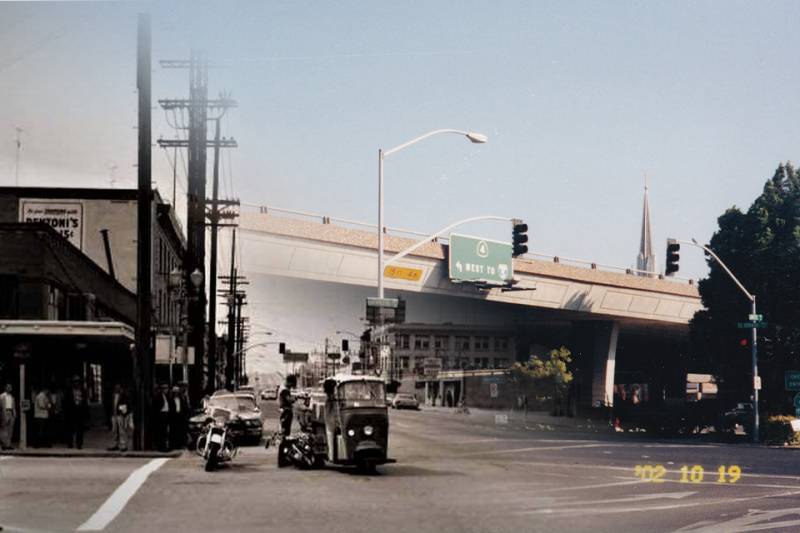In the 1920s and 1930s, Stockton’s Little Manila grew into the largest Filipino community outside of Manila itself. Thousands of Filipinos worked as farm laborers in the San Joaquin Valley, and over the years they opened businesses, restaurants, hotels and organized labor unions.
Over time, Stockton’s urban renewal policies led to the destruction of Little Manila. But today, Filipinx organizers in Stockton are working to preserve that centurylong history, organize the community and educate the next generation.
Guest: Shaylyn Martos, The Bay production assistant
Episode transcript here.
Make your pledge of support to The Bay here!

